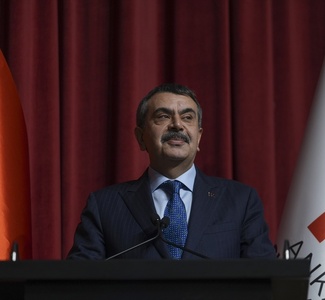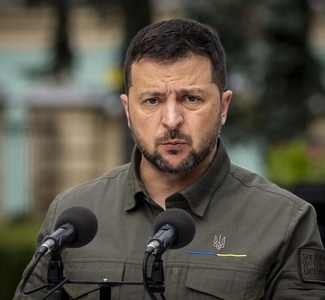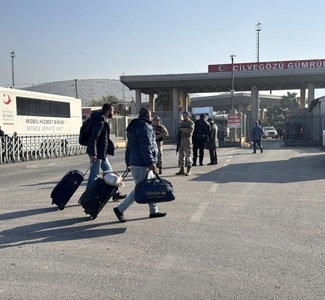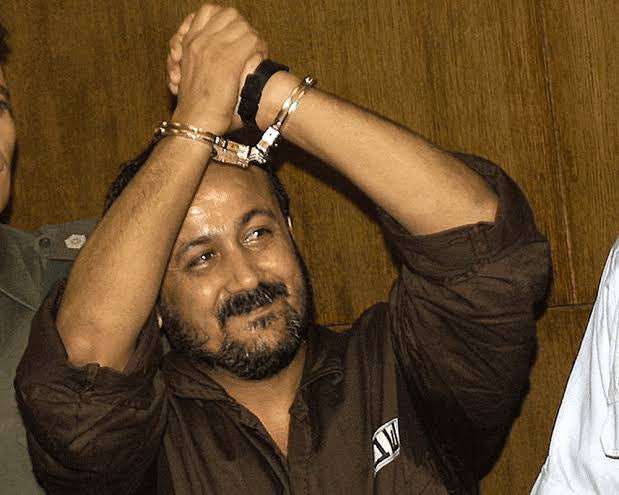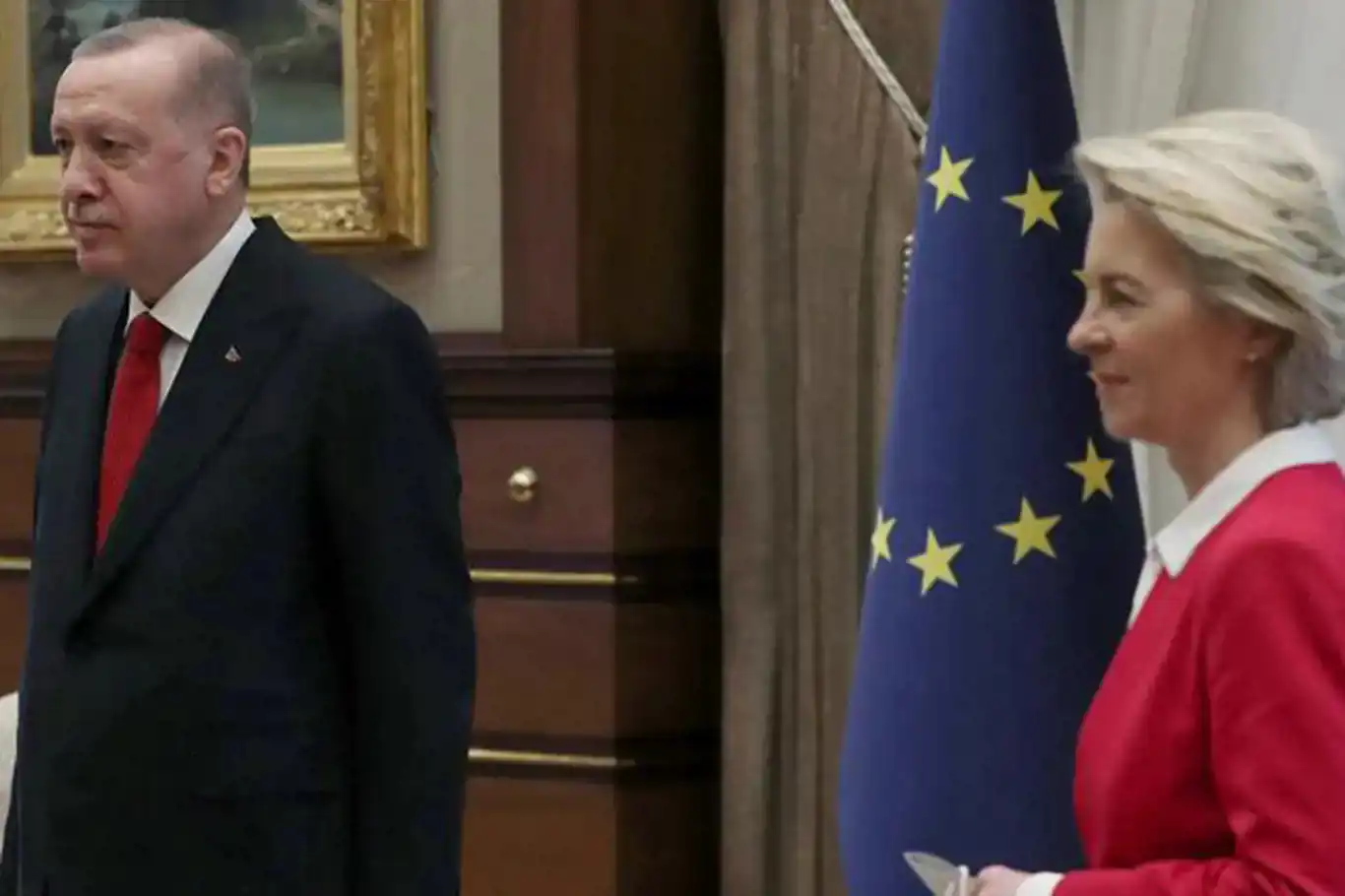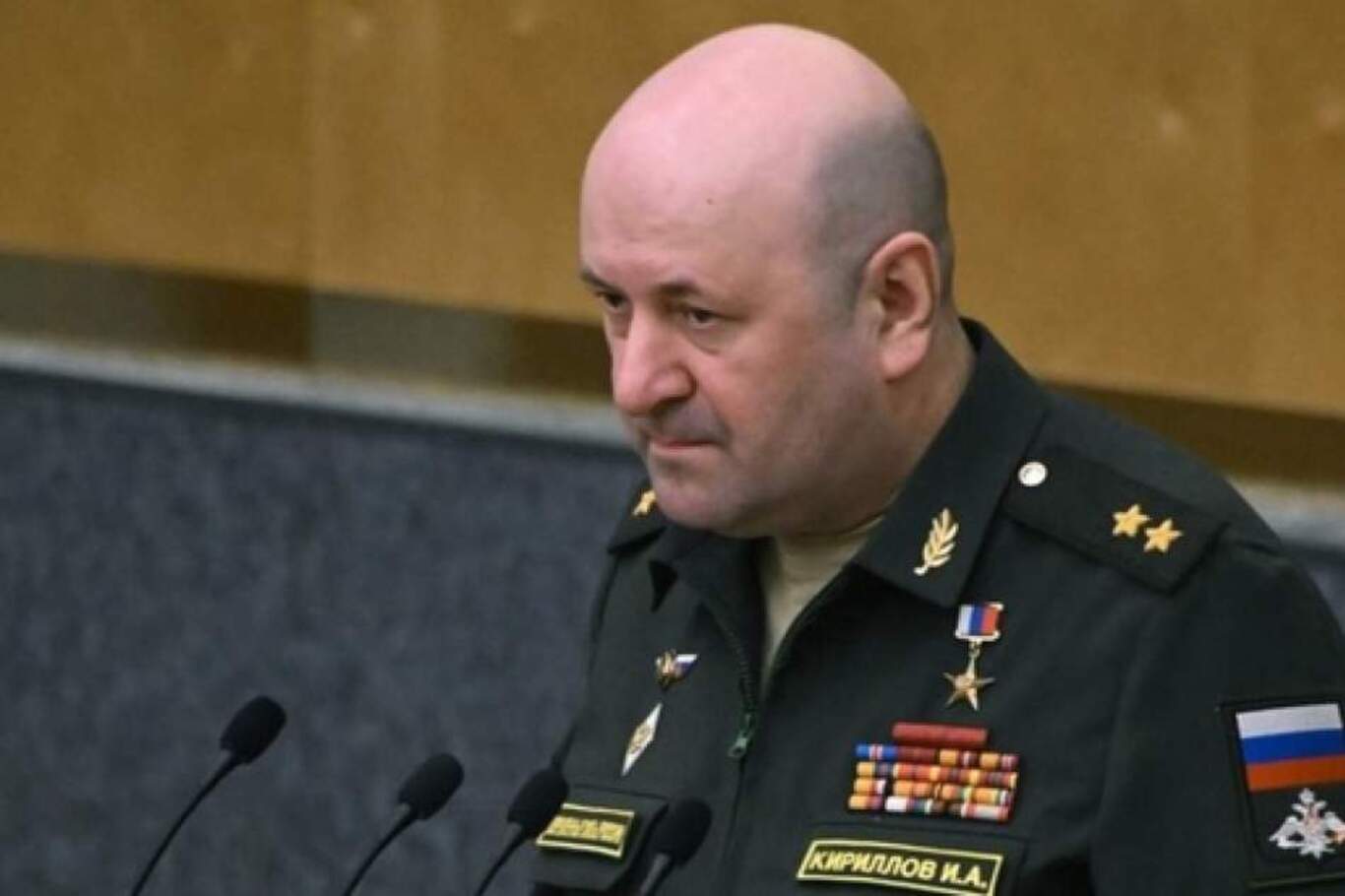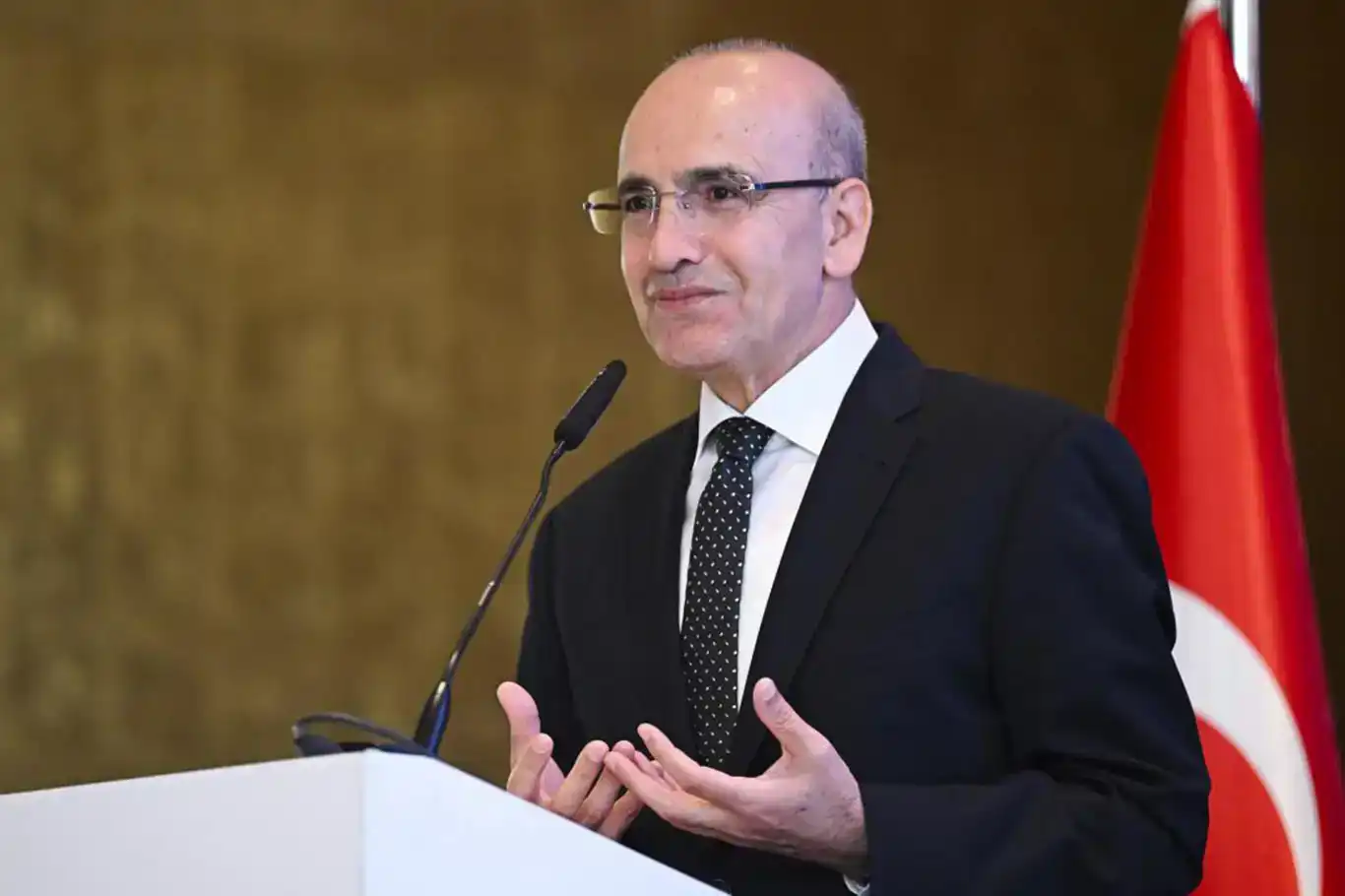NATO Defense Ministers gather to address security challenges
In preparation for the upcoming Vilnius summit next month, the NATO Defense Ministers convened in a crucial meeting which commenced with a NATO-Ukraine Commission.

 Google News'te Doğruhaber'e abone olun.
Google News'te Doğruhaber'e abone olun. The participation of Ukraine's Defense Minister, Oleksiy Reznikov, marked the significance of Ukraine's cooperation with NATO. Prior to the main session, a meeting of the Ukraine Defense Contact Group, led by the United States, set the stage for productive discussions.
During the opening remarks, NATO Secretary General, Jens Stoltenberg, highlighted the primary focus of the meeting, which aimed to reinforce NATO's deterrence and defense capabilities. The forthcoming Vilnius summit was cited as a key platform for unveiling new regional plans and a revamped force structure known as the New Force Model.
Furthermore, the ministers intended to address the necessity of augmenting defense investments as part of their commitment to collective security.
"We will also address how to further strengthen NATO's deterrence and defense as preparation for the upcoming Vilnius summit in July next month, where we will have new regional plans, a New Force Model - new force structure - and also address the need to strengthen our pledge to invest more in defense," said Stoltenberg.
Over the course of the two-day meeting, a range of topics were on the agenda. Notably, the development of a new Defense Production Action Plan was discussed, aiming to bolster NATO's independent defense industry. Additionally, the ministers approved new capability targets for battle decisive ammunitions, emphasizing the importance of modernizing military capabilities to counter evolving threats effectively.
According to Stoltenberg, “The approval of new capability targets for battle decisive ammunitions underscores our commitment to staying ahead of emerging threats and ensuring our armed forces are equipped with the necessary tools to address them effectively.”
Recognizing the significance of undersea infrastructure security, the establishment of a NATO Maritime Centre for the Security of Critical Undersea Infrastructure was also deliberated. This initiative aimed to enhance NATO's ability to safeguard vital undersea assets and protect against potential threats in this domain.
Addressing the importance of nuclear deterrence, Stoltenberg highlighted the purpose of the Nuclear Planning Group's meeting, stating: “The Nuclear Planning Group will also meet to address how to continue to ensure that our nuclear deterrence remains safe, secure, and effective in a more dangerous world.”
The NATO Defense Ministers' meeting served as a platform for high-level strategic discussions, enabling member nations to strengthen the alliance's capabilities and adapt to emerging security challenges. The outcomes of these deliberations will shape the agenda and priorities for the upcoming Vilnius summit, reinforcing NATO's commitment to collective defense and its role as a cornerstone of international security. (ILKHA)































